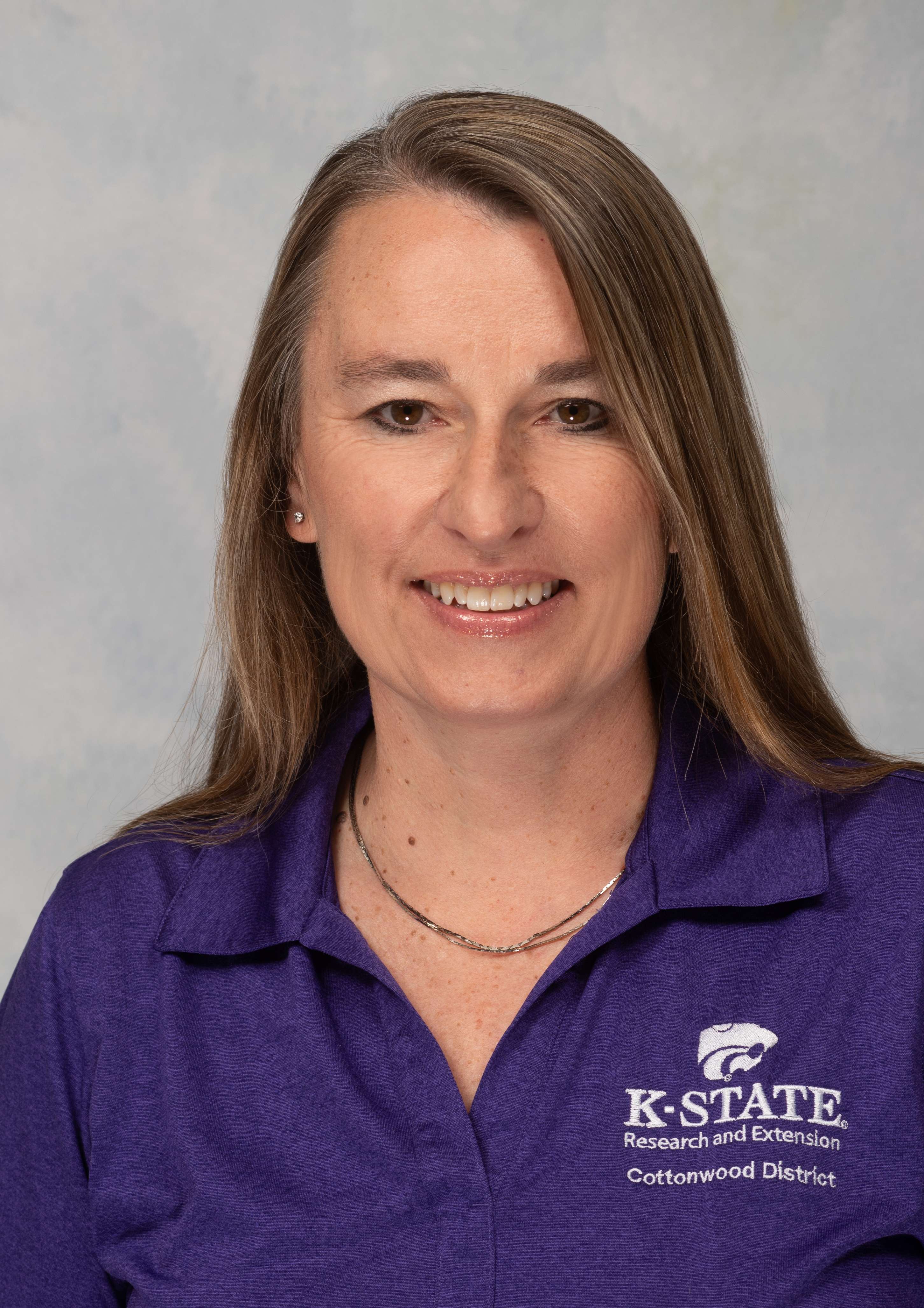
By Monique Koerner
Cottonwood Extension District
In my last article on budgeting, I referenced saving money and an emergency fund. I wanted to spend a little more time on this topic since its an important one.
Growing your savings requires a plan. It starts with a budget. There are many ways to save money the key is finding which one works best for you. The easiest way is to set up an automatic deposit from your paycheck. Most banks and credit unions allow you to automatically transfer funds into various accounts on a regular basis. Emergency savings should ideally be placed in an easily accessible account at a bank or credit union that will not charge you taxes, maintenance, or early withdrawal fees. Ideally, you would be able to earn interest on the money in your savings account.
If you don’t have money in savings then starting small is a good plan. Perhaps saving 5-10% of your paycheck or even $10 a week. The goal is to get to $500-$1,000 as soon as you can. That amount will usually cover repairs on appliances or vehicles, etc. Another way to save money is to create a savings plan. You figure out how much money you’ll need to save as a goal. Then divide the amount of money you want to save by the number of weeks you have to save it. That is your weekly savings target. You can try to increase savings by cutting out wants such as eating out or canceling cable or subscriptions for a while.
Tax time is a good time to save if you are getting a refund. Consider using all or part of a refund for savings. You can have your refund automatically placed in your savings account and then you don’t even have to think about it. So easy! Other one-time opportunities to save would be gifts of money for birthdays or holidays.
Once you have your emergency fund you will want to make sure you only use it for emergencies. An emergency fund is a cash reserve used only for unplanned expenses or financial emergencies. The Consumer Financial Protection Bureau defines emergency fund as savings that can be used for large or small unplanned bills or payments that are not part of your routine monthly expenses and spending. Some examples include car repairs, home repairs, medical bills, or loss of income. A vacation is not an emergency. Neither is the cute outfit or shoes that are on sale.
Having an emergency fund allows you to have a buffer when life happens. This allows someone the freedom of not having to use credit cards or loans, which can lead to debt that is harder to pay off. Having savings is particularly helpful for those with an irregular income.
Once you have a minimum amount in an emergency fund you may want to think about having more in the emergency fund for bigger emergencies such as an unexpected job loss. Having a few months of expenses in savings can be a buffer when the unexpected happens.
Learning to save money is a lifelong skill. Just like budgeting it can take some practice, so don’t give up. You will be pleased with the results. Happy saving!
Monique Koerner is the Family and Community Wellness Agent with K-State Research and Extension – Cottonwood District. You may reach her at: 785-628-9430 or moniquek@ksu.edu






